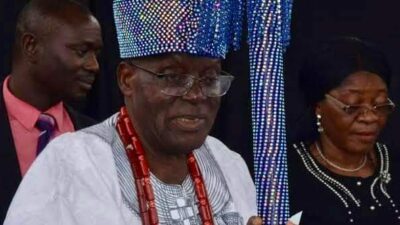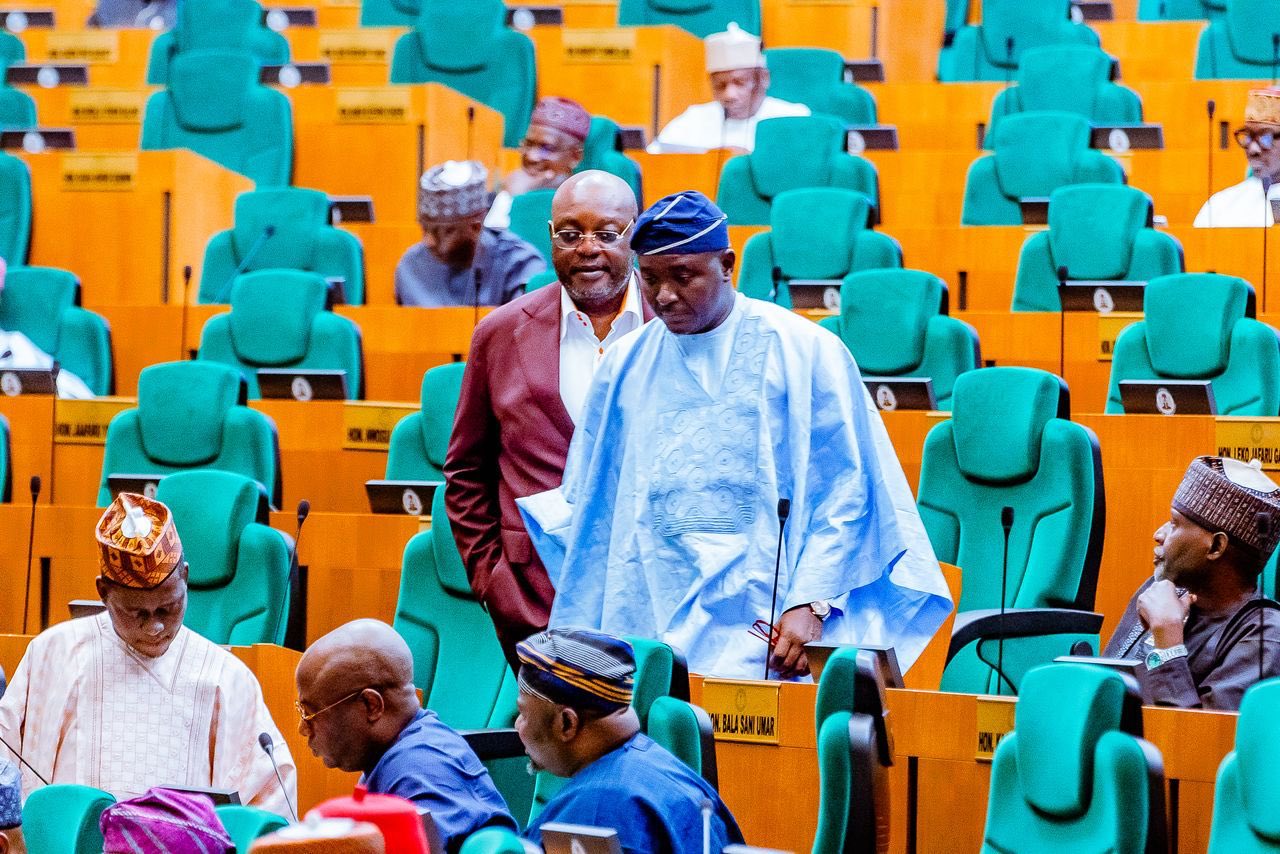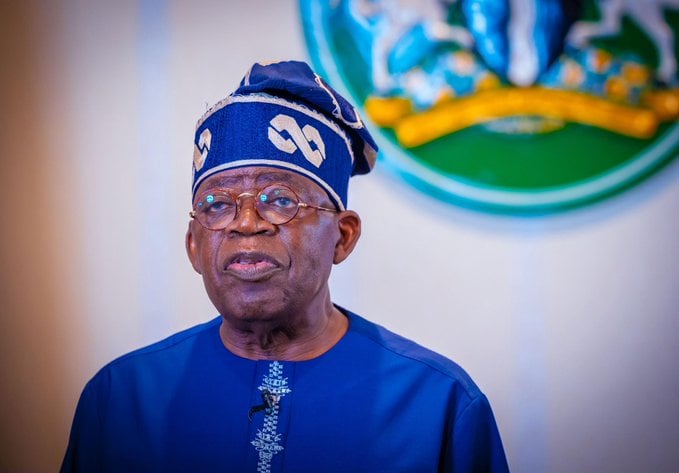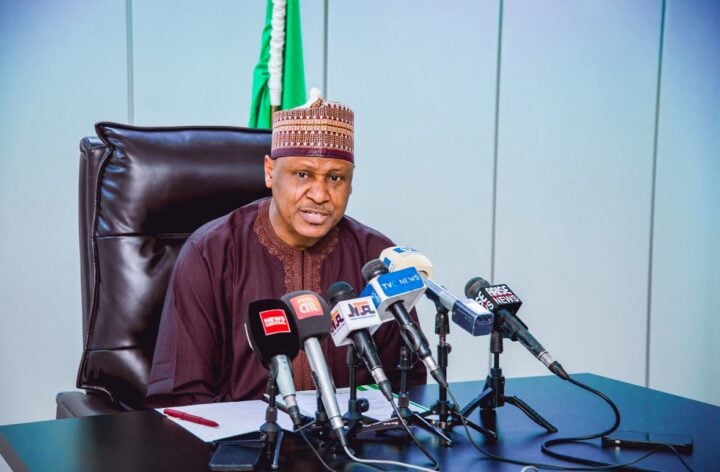BIG STORY
Lekan Balogun Crowned 42nd Olubadan As Seyi Makinde Presents Him The Staff Of Office

BIG STORY
‘That’s Where The Real Test Lies’ — Akin Alabi Says Reserved Seats Bill For Women Faces Hurdles At State Level
BIG STORY
National Assembly Approves Tinubu’s Request To Borrow $2.35bn, Issue $500m Sovereign Sukuk
BIG STORY
US Lawmakers Relying On Faulty Data To Make Christian Genocide Claims About Nigeria — FG
-

 BIG STORY3 days ago
BIG STORY3 days agoLagos Former LG Chairperson Left N20m After Receiving N512m Three Days To End Of Tenure — Hotel, House Traced To Her
-
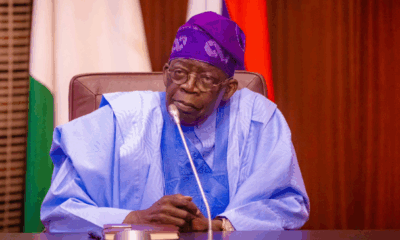
 BIG STORY19 hours ago
BIG STORY19 hours agoJUST IN: Tinubu Reviews Pardon List, Excludes Drug, Human Trafficking, Kidnapping Convicts
-

 BIG STORY18 hours ago
BIG STORY18 hours agoBREAKING: Maryam Sanda’s Pardon Revoked, Death Sentence Reduced To 12 Years Imprisonment
-

 BIG STORY22 hours ago
BIG STORY22 hours agoMilitary Probes FG Agency MD, Raids Former Minister Timipre Sylva’s Home Over Alleged Coup Plot Funding
-

 BIG STORY3 days ago
BIG STORY3 days ago“It’s The Will Of The American People” — Former White House Strategist Stephen Bannon Says Trump Will Get Third Term
-

 BIG STORY2 days ago
BIG STORY2 days agoJUST IN: 12 Feared Dead As Plane Carrying Tourists Crashes In Kenya
-
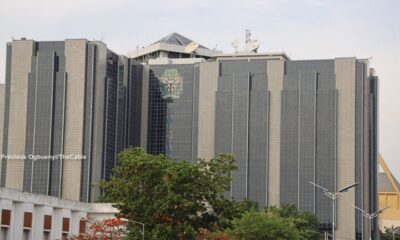
 BIG STORY1 day ago
BIG STORY1 day agoCBN Denies Disbursing $1.25bn To Oil Firms For Importation Of Petrol
-
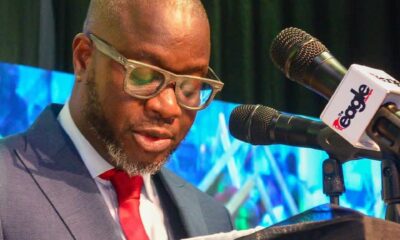
 BIG STORY3 days ago
BIG STORY3 days agoFormer PUNCH Editor Dayo Oketola Set To Be Named Spokesman To New INEC Chairman Amupitan









